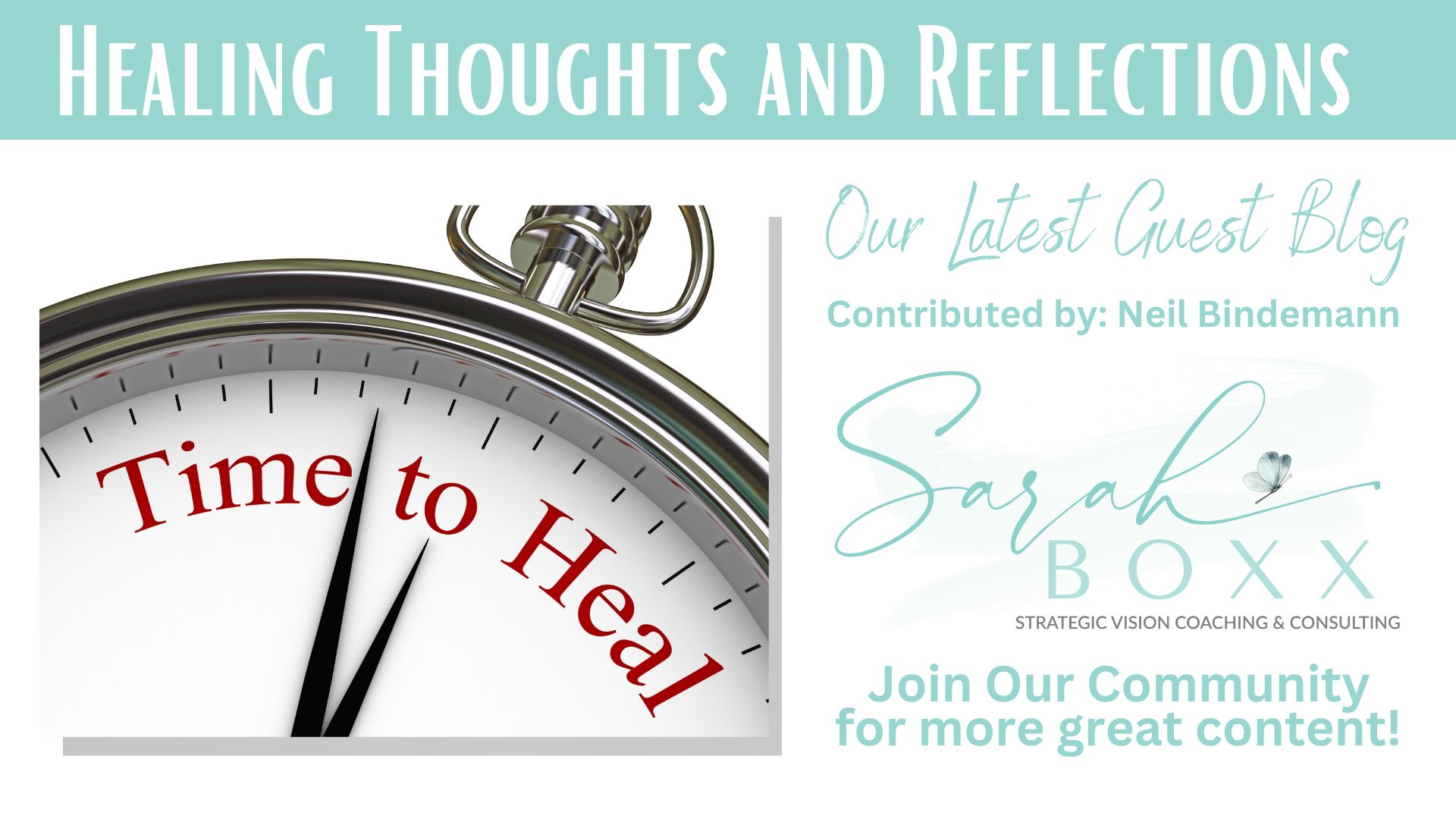When you think of things that cause you “stress” – what comes to mind?
- Busy schedules?
- Workplace challenges?
- Parenting struggles?
- Relationship difficulties?
These are certainly the first things that come to my mind, and for good reason. These are common and significant stressors that impact many individuals.
But let me ask you this…
When you consider the dominant stressors in your life, does the food you eat show up anywhere on that list?
For most of us, it probably should.
Nutrition plays a key role in our body’s ability to effectively handle stressful situations and can even play a contributing role in increasing the levels of stress hormones (cortisol and adrenaline) present in our bodies.
Let’s start with the basics: Our bodies require food for nourishment.
In order to sustain our body’s metabolic processes (i.e all of the chemical processes that occur within the human body (ex. Reproduction, digestion, energy conversion, etc.) we need adequate nutrient and mineral stores.
We need to be eating nutrient-rich foods and getting adequate caloric intake.
Simple, right?
Unfortunately, many of us (inadvertently) are not getting the nutrients our bodies desperately need to function at their “highest and best.” This is essentially the definition of being “undernourished.”
When the body is in a state of being undernourished (i.e living with depleted nutrient or mineral stores) it increases the body’s natural stress response.
Your body senses that something is wrong, that perhaps, you may be in danger. As a result, it initiates the body’s “fight or flight” response by increasing cortisol levels. While this is an appropriate response in truly dangerous situations, a prolonged stress response triggered by poor nutrition can wreak havoc on the body over time.
For example, chronic stress brought on by poor nutrition can lead to:
- Hormone imbalances (especially impacting thyroid and reproductive hormone health)
- Weight management struggles (both unexplained weight gain or loss)
- Difficulty sleeping (insomnia, frequent night wakings, etc.)
- Chronic fatigue
You may be wondering, “How does this happen?”
It’s a valid question. Those of us in westernized nations often thing of “malnourishment” as something reserved for those living in impoverished nations without easy access to quality food, but truthfully, it can impact anyone, even those of us with packed refrigerators.
Here are a few contributing factors:
- Caloric Intake
Simply put, many of us are under-eating. If you aren’t taking in enough calories, your body will naturally slow down your metabolism and trigger a stress response (hello cortisol) as a way to conserve energy and protect your body.
It’s easier than you’d think to under-eat. The average person needs roughly 2000 calories (or more) each day to sustain a healthy metabolic rate, and many individuals simply are not taking in that many calories.
- Food Frequency
There are a few schools of thought regarding how often our bodies require nourishment.
According to Dr. Morley Robbins, your liver can store energy for up to 8 hours at a time. After that energy stores have been depleted, the body starts substituting energy from food with cortisol to keep the body functioning.Think about this:If you sleep for 8 hours at night, you will wake up with your “energy tank” at zero. In other words, you need food soon after waking or your body will begin running off of stress hormones.However, many of us simply don’t eat breakfast, thus forcing our bodies to operate for an extended period of time using only cortisol and adrenaline for fuel.
- Nutrient Bioavailability
Not all foods are created equally. “Bioavailability” refers to how easily the body can process and digest certain foods. Some foods are easier to digest than others, which in turn means your body doesn’t need to work as hard to get the nutrient and minerals from the food.
Typically, animal-based foods are the easiest for the human body to digest. Things like eggs, raw dairy, and animal meats are nutrient rich, bioavailable foods.
Plant-based foods are harder for your body to digest. In other words, your body needs to work harder to retrieve the nutrients and will consequently release more stress hormones through the digestive process.
This doesn’t mean you shouldn’t eat vegetables — it simply means that raw, leafy greens shouldn’t be your only source of important nutrients.
- Meal Composition
The goal in crafting meals should be to fuel our bodies with essential nutrients while maintaining a stable blood sugar.
Blood sugar swings are incredibly common (and not just for those with diabetes.) Do you experience an afternoon crash? That’s likely due to a drop in blood sugar. Do you need coffee throughout the day to sustain your energy? Again, blood sugar.
Putting together meals that sustain healthy blood sugar levels requires a knowledge of how macronutrients work in conjunction with one another to fuel the body.
Carbohydrates (ex: grain, fruit, raw honey, etc.) increase your blood sugar level. Our bodies need carbohydrates because glucose is your body’s favorite form of energy. However, when you take in carbs on their own, you’ll likely experience an energy surge followed by a serious crash that leaves you craving a nap.
Animal protein (ex: meat, eggs, bone broth, etc.) decreases your blood sugar levels. If eaten alone, they can leave you feeling zapped of energy.
So what’s the solution? Pair them together.
Meals composed of ANIMAL PROTEIN + CARBOHYDRATE have a stabilizing effect on your blood sugar. In essence, they cancel each other out, helping you to maintain a more consistent blood sugar.
A more consistent blood sugar level (as opposed to a roller coaster of blood sugar spikes and dips) causes significantly less stress on the body and consequently leads to lower cortisol levels.
When it comes to managing stress in your body, the food you eat matters. Obviously, nutrition won’t mitigate all external stressors, but it can significantly impact your body’s resiliency in dealing with external stressors when they come.
Are you interested in learning more about how you can get in touch with your body and maintain a healthier relationship with the daily stressors in your life?
Neal Bindemann will be joining me on May 5th for an exclusive workshop surrounding stress, trauma, and his SmartTracker tool for understanding our emotions impact on quality of life. Click here to sign up!
RESOURCES:
https://therootcauseprotocol.com/webinar-archive/
http://raypeat.com/articles/
Article was contributed by: Maria Lees, Team Writer with Sarah Boxx




